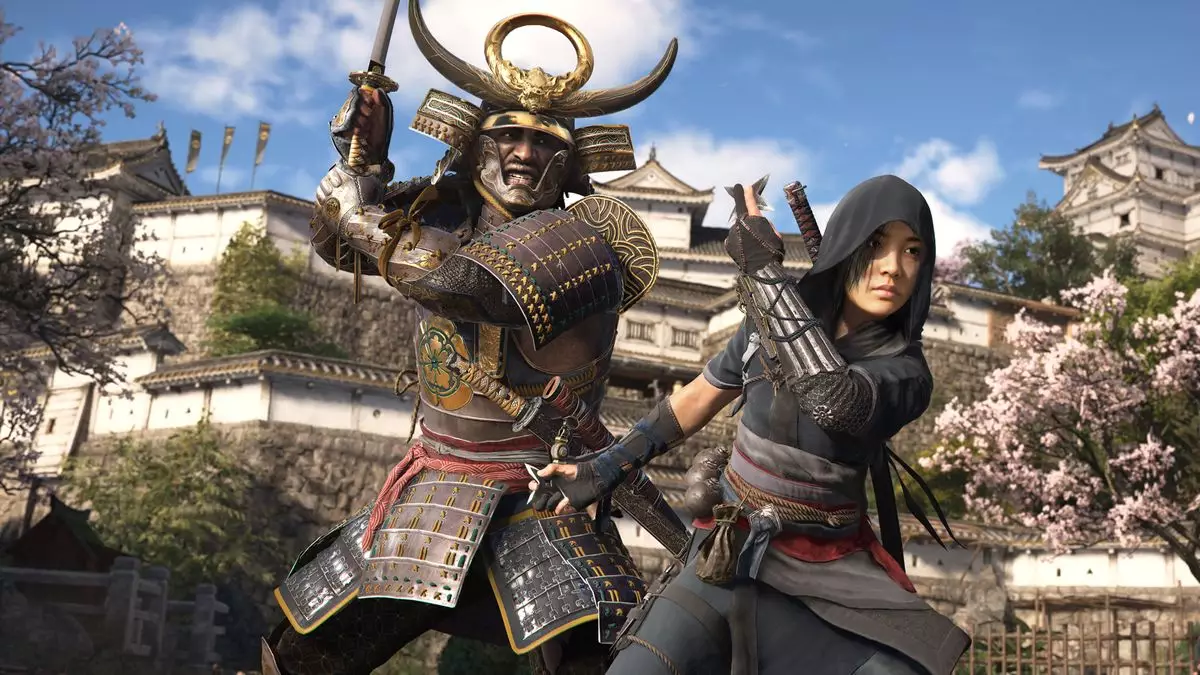Assassin’s Creed has long captivated audiences with its unique fusion of historical narratives and modern-day intrigue. However, as the franchise evolved, the storytelling has shown signs of strain, particularly regarding the balance between its historical segments and contemporary storylines. Introducing Assassin’s Creed Shadows, Ubisoft intends to recalibrate this equilibrium, re-establishing the core themes that made the series legendary. This article explores the evolution of the franchise, the implications of its narrative choices, and the exciting prospects on the horizon.
For over a decade, Assassin’s Creed has traversed history, inviting players into pivotal moments that shaped human civilization. Alongside these captivating tales, a modern conspiracy unfolded, weaving together the lives of characters who sought to uncover ancient mysteries. However, the narrative complexities have grown convoluted, diverging from the franchise’s roots of historical exploration. As series executive producer Marc-Alexis Côté highlighted, the demise of protagonist Desmond at the conclusion of Assassin’s Creed 3 marked a turning point. This pivotal event created a notable “creative crossroad,” leaving a void in the modern storyline that has yet to be filled effectively.
The departure of Desmond led to a shift towards a formulaic narrative, with characters fixating on hunting for Isu artifacts. Critically, this focus on fantastical relics diminished the underlying conflict between Assassins and Templars, turning what was once a rich ideological battle into a more simplistic quest for power. Both players and critics began perceiving the modern-day storyline as less of a vital element and more of a secondary undertaking. This transformation contributed to a growing sense of stagnation within the series, undermining the engaging storytelling potential of its historical narratives.
As Ubisoft looks to invigorate the franchise’s storytelling with Assassin’s Creed Shadows, there is a clear intention to bring history back to the forefront. According to Côté, the forthcoming installment aims to maintain the historical narrative as the centerpiece—not just a backdrop for contemporary intrigue. By ensuring that the modern storyline enriches rather than overshadows the historical experience, Ubisoft plans to foster a deeper connection between past events and their implications on present-day issues.
Côté also articulates a vision where players may once again experience the “vertigo of history.” This notion evokes a profound sense of engagement, compelling players to reflect upon the connection between their ancestral pasts and modern identities. The historical setting serves not merely as a canvas but as an active participant in shaping the narrative, invoking themes that resonate with contemporary audiences.
Assassin’s Creed Shadows endeavors to embrace profound concepts that manifest in both historical and modern contexts. Côté suggests that the new narrative will delve into issues of memory, identity, and autonomy. This exploration will challenge players to contemplate how their history impacts their identities, raising questions about the control of knowledge and the ever-present tension between individuality and conformity.
By focusing on these universal themes, the franchise positions itself to reflect on timeless issues faced by societies today. For instance, the struggles for freedom versus control mirror historical and contemporary struggles, creating a narrative that is not just entertaining but intellectually stimulating. This exploration of history through a modern lens invites players to consider the larger implications of their actions and choices based on past events.
Assassin’s Creed Shadows represents a bold step towards revitalizing the franchise’s storytelling approach. By seeking to restore the balance between historical exploration and modern-day intrigue, Ubisoft is setting the stage for an experience that is richer, more engaging, and intellectually resonant. As players anticipate this new direction, the promise of a deeper historical experience infused with contemporary themes reinforces the franchise’s legacy as not only a medium for entertainment but also a platform for thoughtful reflection on the human experience across time.

